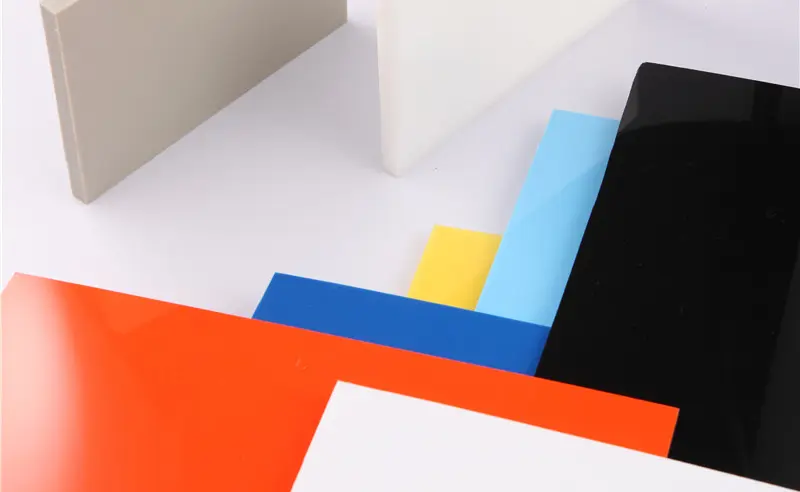سېنتەبىر . 14, 2024 15:30 Back to list
cpvc board
Understanding CPVC Board Properties, Applications, and Benefits
CPVC, or Chlorinated Polyvinyl Chloride, has garnered attention in the construction and manufacturing industries due to its versatile properties and durability. Often referred to as CPVC board, this material is suitable for various applications owing to its excellent chemical resistance, thermal stability, and fire-retardant features. In this article, we will delve into the characteristics of CPVC board, its applications, and the benefits it offers.
Properties of CPVC Board
CPVC board is derived from the chlorination of PVC resin, resulting in a material with enhanced properties. One primary characteristic of CPVC is its high resistance to heat, with a maximum operating temperature of around 200°F (93°C). This makes it an ideal choice for applications that involve hot water transfer and high-temperature environments.
Additionally, CPVC exhibits excellent chemical resistance, able to withstand a broad range of acids, alkalis, and other aggressive chemicals. Unlike traditional materials, CPVC can maintain its structural integrity when exposed to harsh substances, making it a preferred option for plumbing and industrial piping systems.
Another noteworthy feature of CPVC board is its fire-retardant nature. The material does not support combustion, thus contributing to improved safety in buildings and industrial settings. When subjected to flames, CPVC will self-extinguish, which is a significant advantage over many other materials that may continue to burn and pose safety hazards.
Applications of CPVC Board
cpvc board

The versatility of CPVC board allows it to be utilized in a variety of applications. One of the most common uses is in plumbing systems, particularly in residential and commercial buildings. CPVC pipes and fittings are widely adopted for water supply lines, hot and cold water distribution, and other plumbing needs due to their durability and resistance to corrosion.
In addition to plumbing, CPVC board is also used in the construction of chemical processing equipment and wastewater treatment systems. Its resistance to aggressive chemicals makes it suitable for transporting acids and caustic substances without degrading.
Furthermore, the structural integrity and stability of CPVC board make it an excellent choice for constructing wall panels, partitions, and façade elements. Its lightweight nature allows for easy handling and installation, reducing labor costs and overall project duration.
Benefits of CPVC Board
One of the main benefits of CPVC board is its longevity. Unlike traditional materials, CPVC does not rust or corrode, resulting in a longer lifespan and lower maintenance costs. This durability translates into savings over time, making it a cost-effective solution for various applications.
Moreover, CPVC board is easy to install and can be modified to suit specific needs. The lightweight material reduces transportation costs and contributes to faster project completion.
In conclusion, CPVC board is a remarkable material that provides numerous advantages over conventional building materials. Its chemical resistance, fire-retardant properties, and versatility make it a valuable asset in numerous industries, from plumbing to construction. As the demand for durable and reliable materials continues to grow, CPVC board stands out as a superior choice for modern applications.
-
Durable PP Rigid Sheet: Lightweight, Chemical Resistant Solutions
NewsAug.21,2025
-
PVC Grey Sheet for Extraction: Chemical Resistant & Durable
NewsAug.19,2025
-
Durable PVC Pipe Fittings for Plumbing & Irrigation Needs
NewsAug.18,2025
-
HDPE Steel Belt Reinforced Spiral Corrugated Pipe | High Strength
NewsAug.17,2025
-
HDPE Pipe Fittings: Durable, Leak-Proof Solutions
NewsAug.16,2025
-
Premium CPVC Sheet: High-Temp & Chemical Resistant Solutions
NewsAug.15,2025

